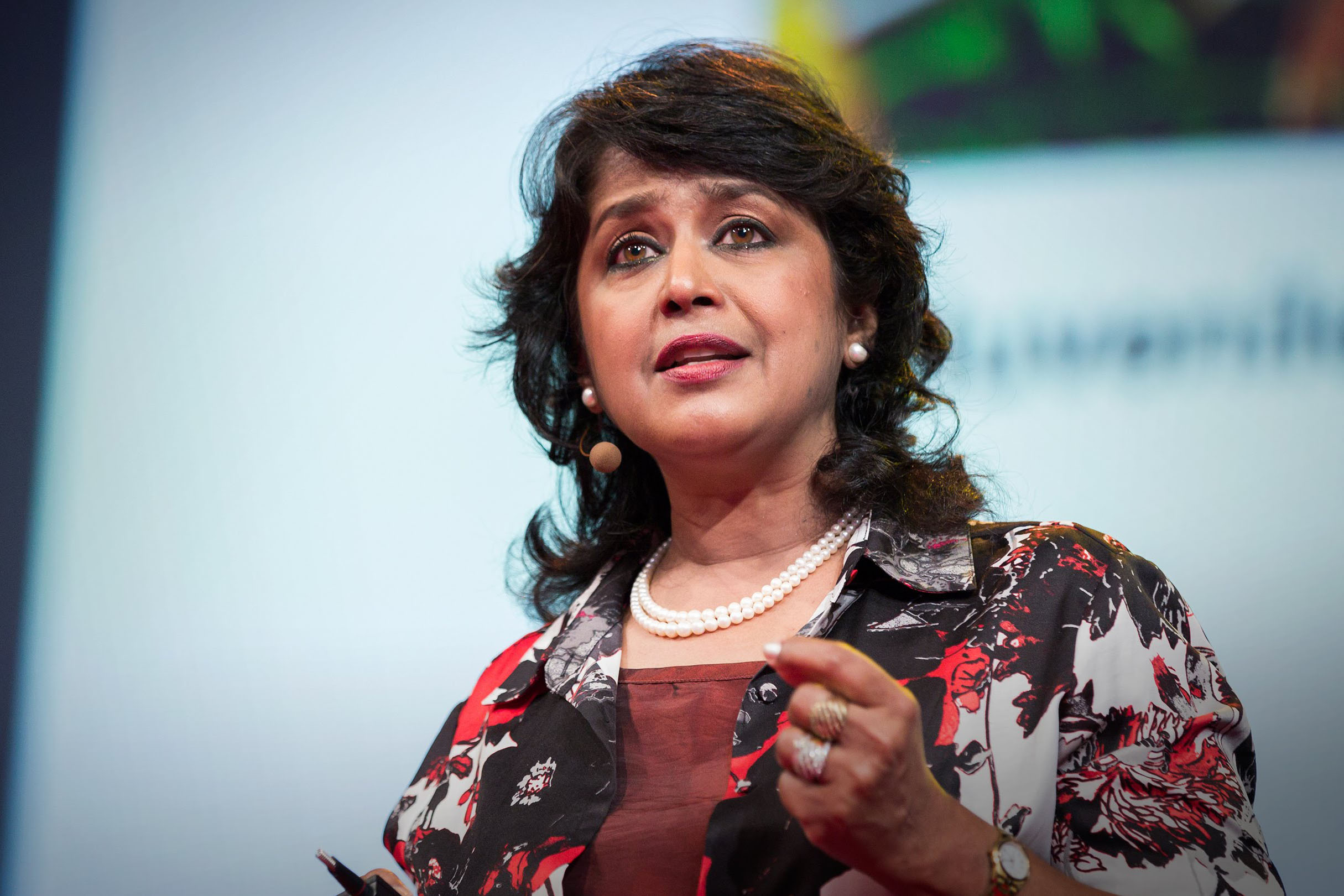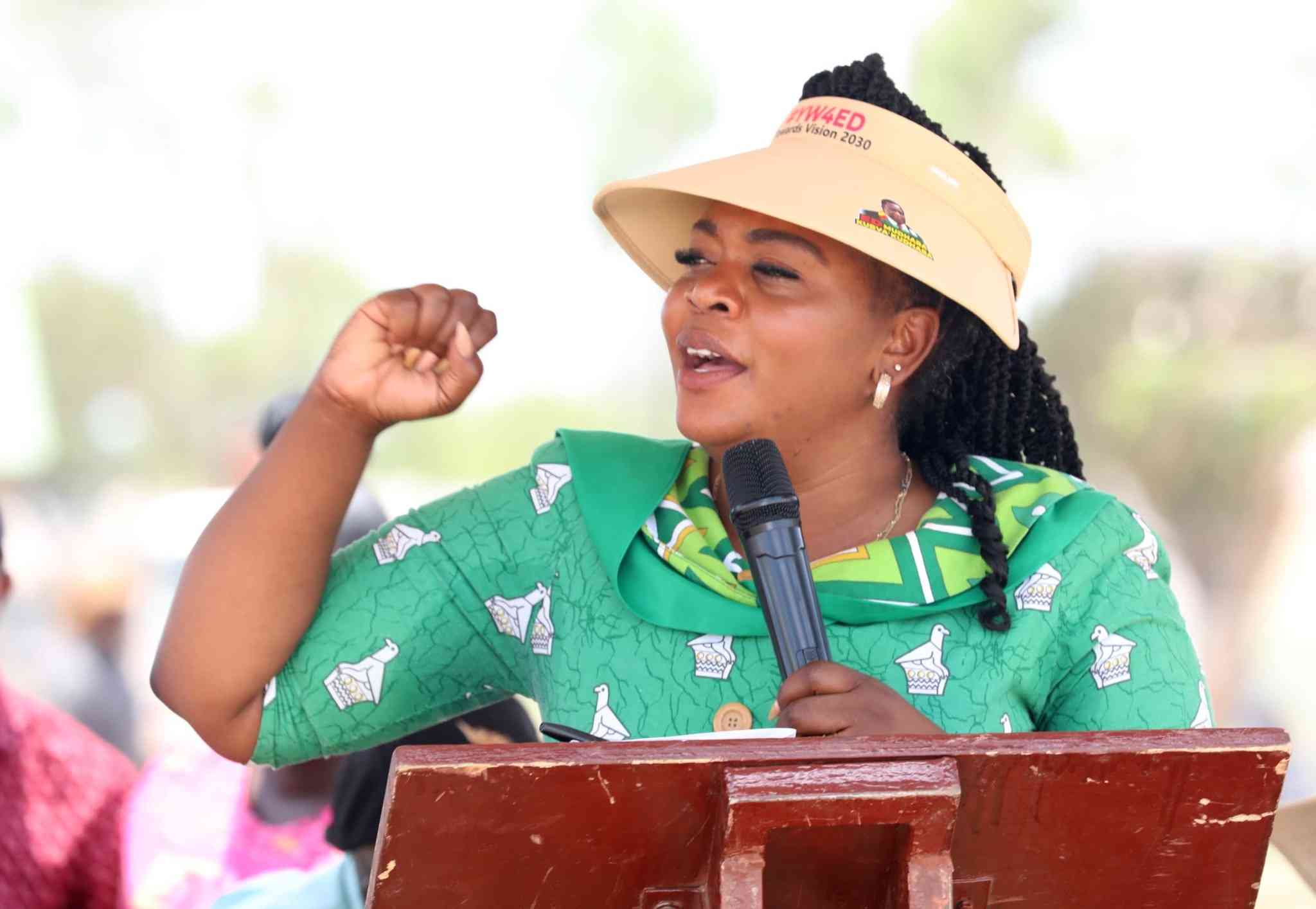
The President of Mauritius, Ameenah Gurib-Fakim, said World Bank estimates show that Africa’s low earning income countries will remain strong.
BY TATIRA ZWINOIRA
Speaking at the just-ended African Media Leaders’ Forum 2015 in Boksburg, South Africa on Thursday, Fakim said commitment to reforms, commodities boom and improved governance were among the contributing factors to the growth.
“Economic growth rates are up — the World Bank projects Sub-Saharan Africa’s (SSA) gross domestic product growth rate to average 4,1% in 2015. Estimates show that growth will remain strong in Africa’s low-income countries, which bodes well for the fight against poverty, hunger, malnutrition and disease,” Fakim said.
“A commodities boom, improved governance, sound macro-economic fundamentals, commitment to reform and new resource discoveries have all contributed to this robust growth trend, helping to reverse 20 years of economic decline.”
The growth rate in these developing countries, Fakim said, is mainly attributed to slow changes in reforms with more legislature being created that is geared towards a conducive economic growth.
Creating a conducive environment will lead to investor and market confidence and boosts the overall performance in the African economy.
Fakim said between 2000 and 2008, secondary school enrolment increased by 50%, and life expectancy increased by 10% and added that “the continent is open for business”.
- Chamisa under fire over US$120K donation
- Mavhunga puts DeMbare into Chibuku quarterfinals
- Pension funds bet on Cabora Bassa oilfields
- Councils defy govt fire tender directive
Keep Reading
Also speaking at the conference was the United Nations Economic Commission for Africa executive secretary Carlos Lopes confirmed the growth saying intra-African investment has been growing at a compound rate of 32,5%.

“Intra-African investment has been growing since 2007, at a 32,5% compound rate. South Africa is leading, followed closely by Morocco and Nigeria. What African investors have discovered is what a few outside the continent have known all along,” Lopes said.
“Typically an investor will have concessions and tax breaks for a period of time and will just close the operations or change the agreements when the sunset clause comes to be.
“It is not an exaggeration to say that some extractive industry activities are being paid to operate if one considers tax breaks, profit, flying and illicit flows.”
However, despite the growth Fakim said changes in demography, high population growth rates, rapid urbanisation, slumping commodity prices were all posing major challenges and threatened to reverse these development gains.
She said the development challenges confronting Africa far surpassed the capability of any one country to tackle them alone and unity was needed going forward.










